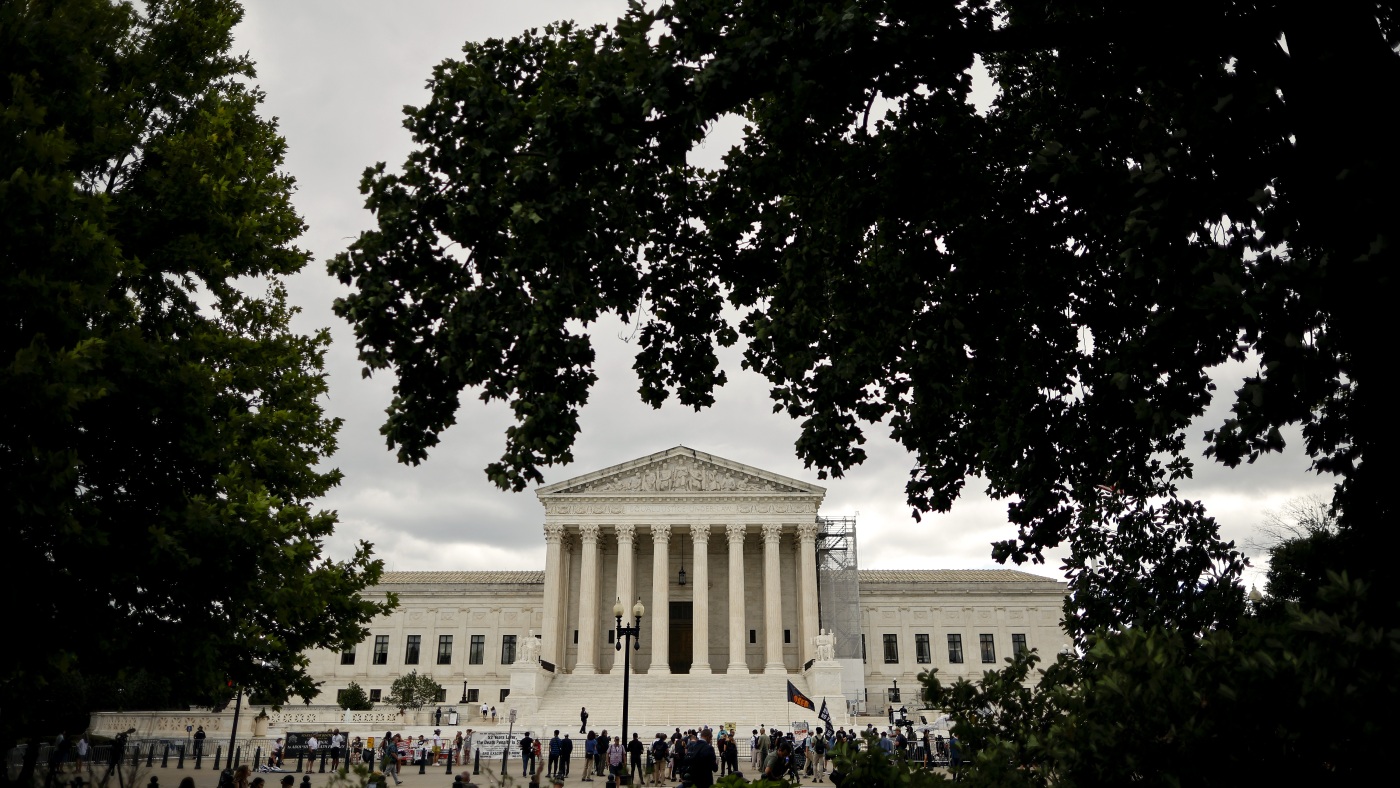As the deadline for government funding looms, Democrats are playing a risky game that could lead to a shutdown. Their actions are driven by a desire to gain political leverage rather than concern for the implications on everyday Americans.
Many citizens want stability and a functioning government. Recent polls show a significant majority of voters, around 70%, believe that a shutdown would hurt the country, and they favor bipartisan agreement over political theatrics.
According to Politico, the Democrats are using the funding debate as a bargaining chip. Republicans want to pass a straightforward plan to keep the government funded for seven weeks. In contrast, Democrats are pushing for a shorter plan while attaching a long list of demands related to health care, including a permanent extension of insurance subsidies.
This situation isn’t new. Historically, government shutdowns have often been used as a strategy by both parties to push their agendas. For instance, during the 2013 shutdown, the Republicans aimed to dismantle the Affordable Care Act, creating a significant political standoff. The current dilemma reflects this ongoing pattern where partisan goals often overshadow the needs of the public.
Senate Minority Leader Chuck Schumer and other Democrats perceive this moment as crucial for making their voices heard. Some Democratic senators express that they need to resist the Republican plan to show a unified front against the Trump administration. As reported by The New York Times, Democrats blocked a GOP funding bill on the grounds that they require concessions on health care matters.
However, this tactic may backfire. Experts warn that if the government does shut down, it could cause major disruptions, affecting everything from national parks to social services. Bloomberg highlights that Democrats are under pressure from their base to take a stand but lack a clear path forward if negotiations fail.
Public sentiment reflected on social media also shows frustration. Users on platforms like Twitter express concern over the potential impact of a shutdown on essential services. A common reaction is disbelief that politicians would prioritize scoring points over ensuring the functionality of government services people rely on daily.
In summary, the current standoff over government funding is emblematic of a broader struggle within U.S. politics. With public services hanging in the balance, many hope for prompt bipartisan cooperation instead of another drawn-out fight that could lead to a shutdown.






















